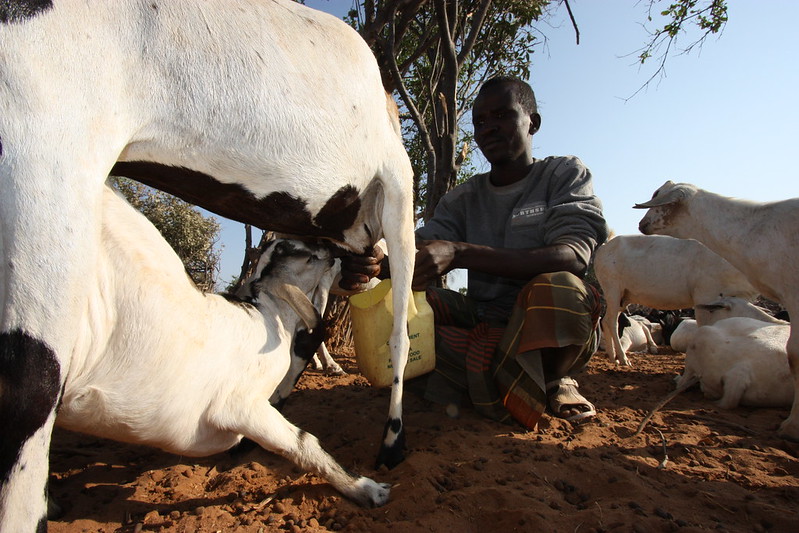This SSHAP Case Study illustrates how the Anthropological Exploration of Facilitators and Barriers to Vaccine Deployment and Administration During Disease Outbreaks (AViD) project supported veterinary public health non-governmental organisations (NGOs) in southern Uganda to respond to re-emerging epizootic and zoonotic diseases, including Rift Valley Fever (RVF).
The pilot project provided health-seeking behaviour mapping tools and qualitative data collection workshops to NGO staff to assist with data collection on the influence of local knowledge on vaccine uptake in border areas between the Democratic Republic of Congo (DRC) and Uganda. The case study can be used by veterinary public health officials and response workers to further their understanding on health-seeking behaviours, facilitators and barriers to vaccine deployment, and to assist with improving re-emerging epizootic and zoonotic disease surveillance.



